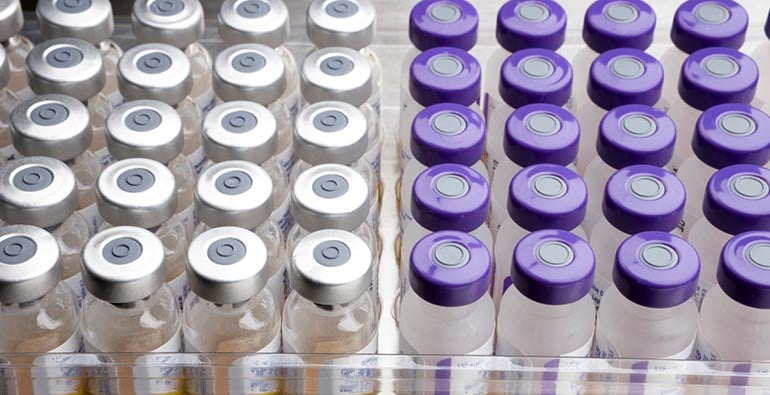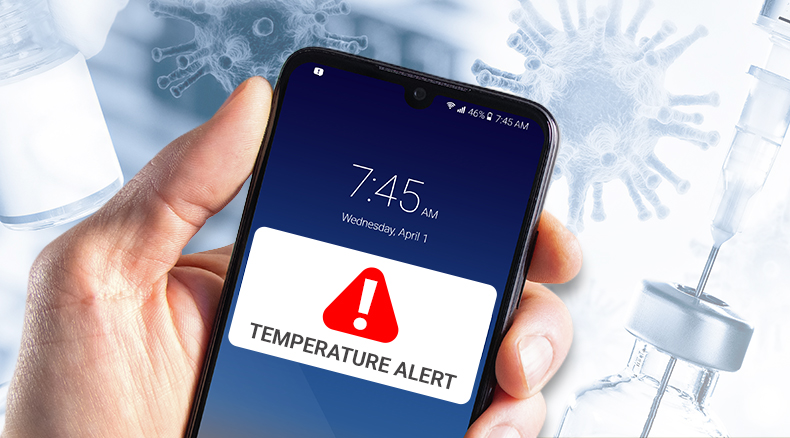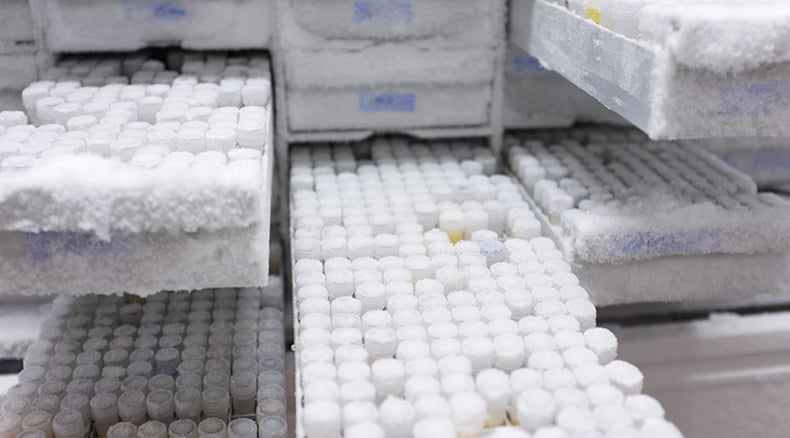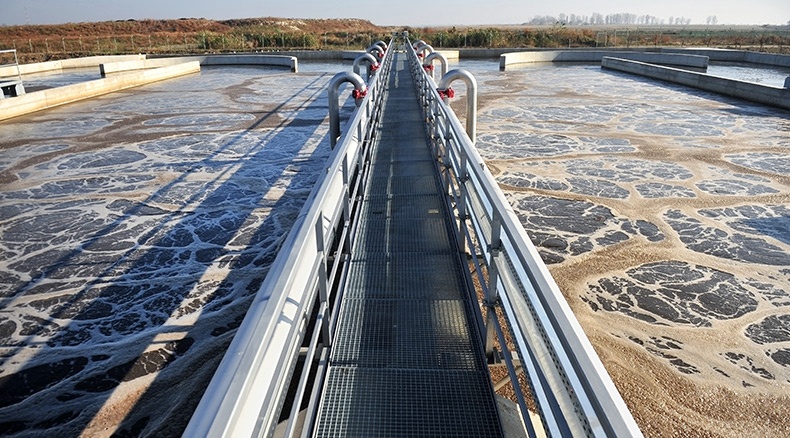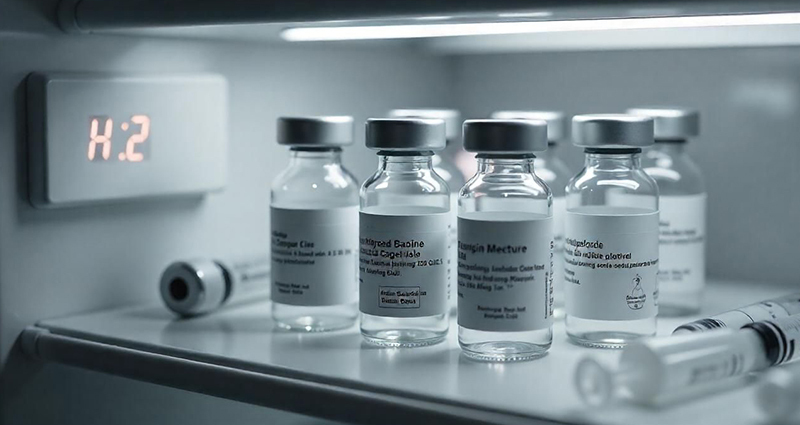
Medical tissue samples, critical vaccines, pharmaceuticals and other temperature-sensitive inventory can be compromised if storage conditions are not precisely controlled. For vaccines, even brief exposure to improper temperature can reduce potency, an effect that can’t be reversed. Because these assets often spend significant time in storage before use, cold chain temperature monitoring throughout their entire lifecycle is essential to prevent degradation and ensure safety.


